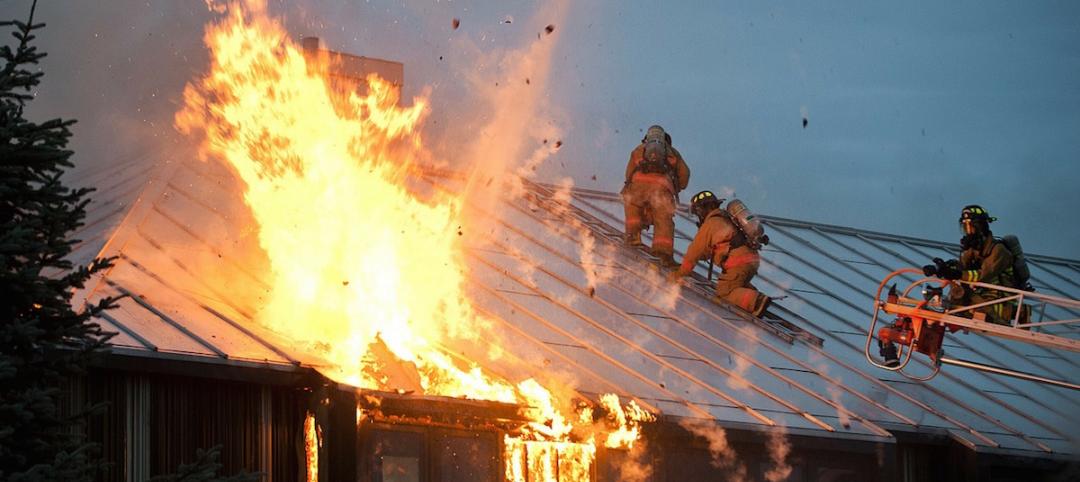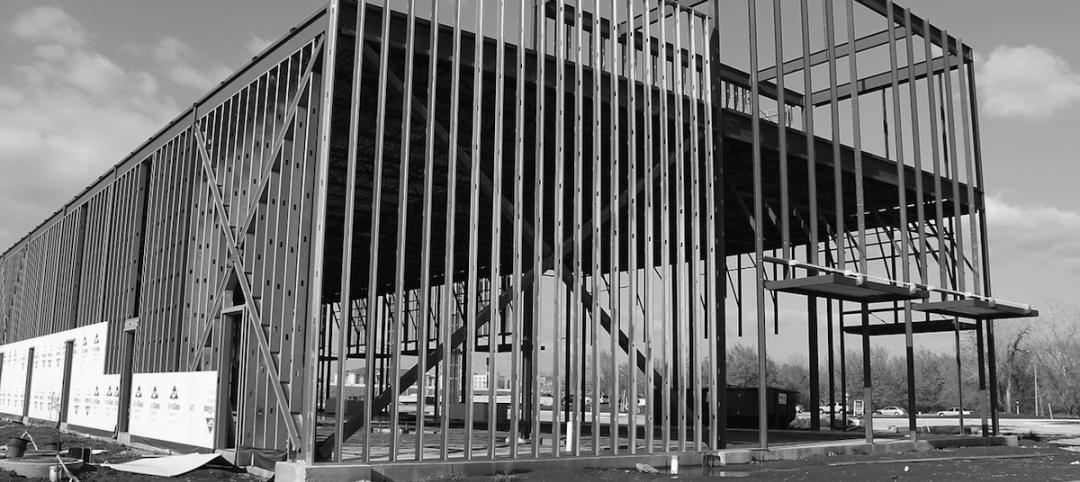The American Institute of Architects (AIA) released new resources to support employers, public officials, and design professionals with re-occupying buildings more safely after COVID-19 shutdowns.
The initiative included a team of architects, public health experts, engineers, and facility managers who developed strategies to reduce the risk of COVID-19 transmission in buildings, promote social distancing standards, and “enhance wellbeing in communities transitioning to new lifestyle norms.” The new and enhanced tools can assist employers, building owners, and design teams with best practices to protect the health and safety of the public.
· A Risk Management Plan for Buildings provides a process for assessing hazards in buildings and reducing risk. “This methodology not only can be applied during the pandemic, but for all shocks and stresses to create more resilient buildings and businesses,” an AIA press release says.
· AIA Re-occupancy Assessment Tool (2.0) provides an enhanced framework of strategies for re-opening buildings, including restaurants, retailers, offices, senior living facilities, schools, and housing
· COVID-19 ArchMap allows architects to input design strategies that mitigate risk of COVID-19 transmission for any building type. The map is produced in partnership with the University of Kansas’ Institute of Health + Wellness Design and intended to facilitate design innovation.
The team will also release more detailed strategies and considerations for offices, retailers, schools, and senior living facilities “in the near future.”
Related Stories
Codes and Standards | Jun 18, 2015
Guides to wood construction in high wind areas updated
The guides establish prescriptive, wind-resistive structural requirements for wood-frame buildings of different sizes and shapes.
Codes and Standards | Jun 18, 2015
New document addresses school safety and security
In an effort to balance security and fire safety features within codes, standards and planning, NFPA hosted a two-day workshop, “School Safety, Codes and Security”, last December. The findings are now available in an NFPA report.
Codes and Standards | Jun 18, 2015
Two myths regarding NFPA 101 Life Safety Code debunked
NFPA life safety engineer Ron Coté settles the debate over second egress doors and exit signs.
Codes and Standards | Jun 18, 2015
How to prevent corrosion in sprinkler system piping
The technical committees responsible for NFPA 13, Installation of Sprinkler Systems, have been looking at ways to eliminate or reduce corrosion in sprinkler systems for several revision cycles.
Codes and Standards | Jun 11, 2015
Steel Framing Alliance updates ‘Thermal Design and Code Compliance for Cold-Formed Steel Walls’ design guide
Includes results of new tests and addresses IECC and ASHRAE compliance paths.
Codes and Standards | Jun 11, 2015
Helena, Mont., may charge commercial developers a fee to fund public art
The fee would apply to new construction or alteration of nonresidential buildings of at least 20,000 sf.
Codes and Standards | Jun 11, 2015
DBIA releases new document on choosing a project delivery method
Provides owners and others with factors to consider when choosing the best method of delivery for their project.
High-rise Construction | Jun 5, 2015
Japanese policymakers discuss mandate for toilets in elevators
This quirky-sounding building code is a safety measure for the earthquake-prone nation.
Codes and Standards | Jun 4, 2015
OSHA publishes guide to restroom access for transgender workers
The guide advises employers to allow employees to use restrooms that correspond to their gender identity.
Codes and Standards | Jun 4, 2015
Guide helps Building Teams maximize team integration
The guide includes forms to support a two- to four-hour workshop to help an owner select the most appropriate delivery strategy.
















